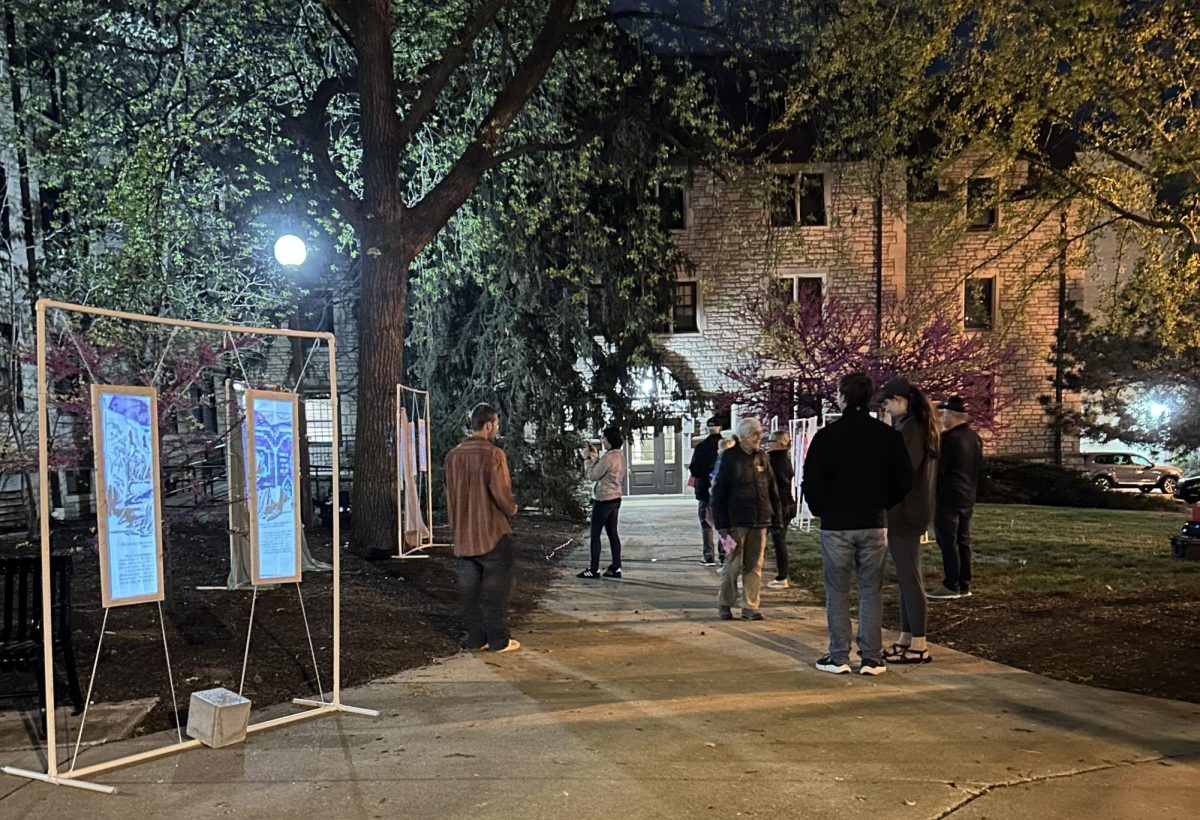Hollywood has no doubt capitalized upon the young adult, dystopian society genre — just take a look at the box office yields from “The Hunger Games: Catching Fire,” which now stands as the 36th highest grossing film of all time, [according to Box Office Mojo](http://www.boxofficemojo.com/movies/?id=catchingfire.htm).
As if following some sort of pattern, Neil Burger’s “Divergent,” based off the novel of the same name by Veronica Roth, continues to rake it in and top weekend estimates by a long shot.
“Divergent” picks up in post-apocalyptic Chicago: a dried-up, crumbling landscape fenced off from the rest of the world and dominated by a rigid social structure. The old ways all but dead, the community is now divided into five factions, each with different attributes and societal functions.
Our inevitably nonconforming protagonist, a lovely young lady named Beatrice Prior (Shailene Woodley), takes an aptitude test that tells her she is a nonconformist, or a “divergent.” Since divergents are considered criminally dangerous, Beatrice changes her name to Tris and chooses to be a “Dauntless,” a member of the warrior faction, in order to hide her true status.
The rest of the story plays out as follows: protagonist does well for a while; protagonist uncovers a vicious, uncreative plot involving social control and political corruption, and feels it’s up to her to save the day; protagonist’s love interest gets involved and there’s a romantic subplot. Sound familiar?
At its core, “Divergent” is nothing new. The themes of social control and political corruption have become so clichéd at this point that, in many parts of the movie, they almost feel forced. Though by no means poorly made, “Divergent” lacks artistic merit.
All that being said, the factional aspect of the story arc, though similar to the district concept of “The Hunger Games,” adds noticeable juiciness to the final product, as does the beautiful and talented Woodley’s stellar performance.
The filmmakers also handled the concept of nonconformity effectively enough for it to act as a fresh counterweight to the otherwise dry thematic element of the film. Without giving too much away, Tris undergoes several riveting dream sequences, where she must overcome her fears in the “correct” way.
Finally, the moral of the story is one to be commended: Don’t be afraid to think and choose for yourself.
Though thematically barren and slightly clichéd, “Divergent” packs a watchable, technical punch and sends a clear, powerful message about individuality.
_MOVE gives “Divergent” gets 3.5 out of 5 stars._






